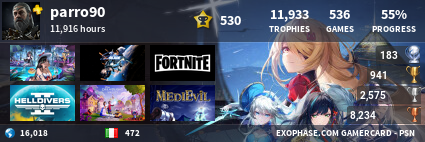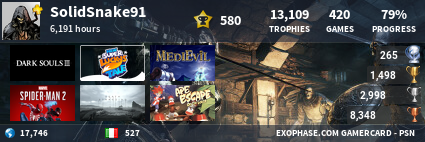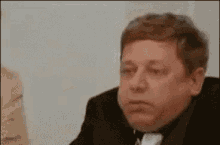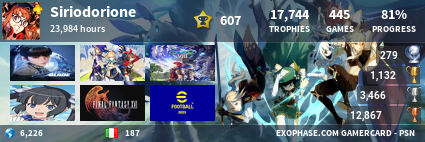"We take a very intentional approach to IP creation . . . understanding how a new concept can turn into an iconic franchise for PlayStation, that can then again become a franchise for people beyond gaming," said Hulst. Sony's pitch to studios is that it will insulate them from the financial pressure faced by independents by providing the resources to build bigger operations.
"It was a little bit scary . . . being bought by a bigger company feels like you're just about to be swallowed by this bigger fish, but it was more like we get to still function like a small studio, but with access to the resources," said Mikael Haveri, brand director at Housemarque, another Sony studio in Finland.
But industry insiders note that these studios remain dependent on the parent group's decisions around hardware, especially in the face of Nintendo's success with the hybrid Switch, and are exposed to shareholder demands for continued revenue growth.
This has led to fears that pressure on studios such as Team Asobi could lose what brought them success in the first place: a tightly knit 60-strong team able to work rapidly. "I think that intimacy is really hard to replicate if you would grow to like 200, 350 people," said Asobi's art director Sebastian Brueckner. The issue creates a dilemma for Astro Bot's makers and Sony's other studios: how to be aligned with the Japanese group's wider ambitions, while keeping its own distinct identity intact. So far, both Sony and the studios are determined to maintain that balance. "If the creative side started feeling ostracised or penalised . . . between us we'd have that conversation" said Team Asobi head Nicolas Doucet. "That would definitely come to a boil."











 No perchè su quel genere è molto difficile non creare doppioni.
No perchè su quel genere è molto difficile non creare doppioni.
